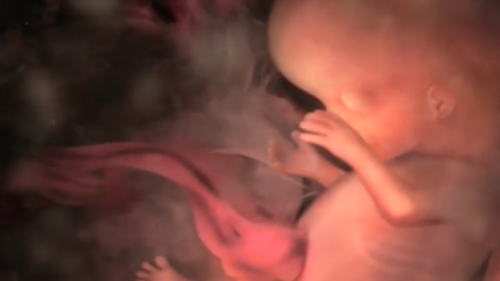Discovery Institute's Blog, page 138
August 14, 2015
Eduard Pernkopf and the Ethics of Science from Holocausts

A tempest has arisen recently in the wake of the videos documenting the sale of body parts of aborted children to scientists for use in research. Dr. Ben Carson, a pediatric neurosurgeon who is running for the Republican nomination for president, is a strong pro-life advocate. However, recently it has become clear that Dr. Carson used human fetal tissue obtained from abortions in some of his research a couple of decades ago.
This raises quite real ethical questions. There's a famous parallel...
War on Humans: Now an "Ecosystem" Sues
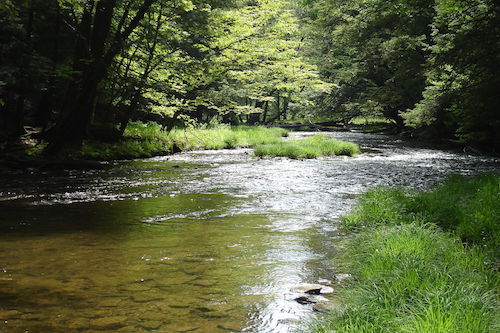
People laugh when I warn that "nature rights" is a serious threat intended to squelch human thriving. "It will never happen here," they say, rolling their eyes. But it is happening -- and will get worse if we don't forcefully slam the door shut on this radical green gambit.
A Pennsylvania town passed a law personalizing "nature," giving it "rights." And now, the aforementioned "ecosystem" has filed a motion to become part of a lawsuit. From the story in the Akron Beacon Journal:
Today, an ec...
The Link Between Scientific Racism and Abortion

My friend and fellow pediatric neurosurgeon Dr. Ben Carson is speaking out on Planned Parenthood's siting of abortion clinics in minority neighborhoods:
"Well, maybe I'm not objective when it comes to Planned Parenthood. But you know, I know who Margaret Sanger is, and I know that she believed in eugenics, and that she was not particularly enamored with black people," Carson said. "And one of the reasons that you find most of their clinics in black neighborhoods is so that you can find way t...
Something Borrowed, Something New? The Challenge to Darwinism from Human Orphan Genes
What makes us human? Some would say it's our genes. I don't want to argue the case that we are more than our genes, though we are. I simply want to point out that interesting new research indicates we have a number of new genes -- genes that are specifically human -- in our genome.
These new genes are few in number, some would say, but there is a current bias in genome annotation against classifying sequences as novel genes. Estimates range from three to sixty to three hundred human-specific...
August 13, 2015
Horizontal Gene Transfer: Sorry, Darwin, It's Not Your Evolution Any More
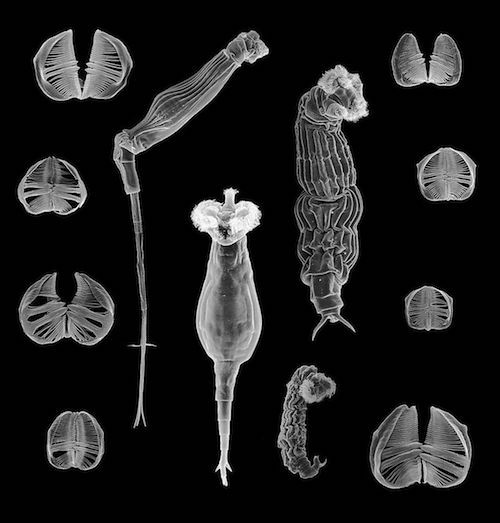
Horizontal gene transfer (HGT), sometimes called lateral gene transfer (LGT), is a profound recent discovery in genetics: Genome mapping has shown that bacteria can acquire genes from the bacteria around them --that is, horizontally -- rather than from a previous generation (vertical transfer), as when a parent cell divides into two daughter cells. They can transfer multiple segments of DNA at once to fellow species members.
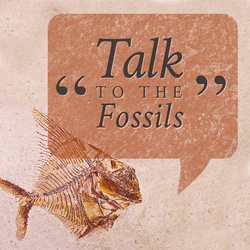 But that was hardly the critical finding. This is: Because bacteria...
But that was hardly the critical finding. This is: Because bacteria...
Best Pro-Life Argument May Be from Intelligent Design
On the heels of Dr. Michael Egnor's excellent article yesterday, "Science Deniers Notwithstanding, Human Life Begins at Conception," take just a few minutes to watch this eloquent TED Talk by mathematician Alexander Tsiaras. Click on the image above to get there.
Dr. Tsiaras was formerly Chief of Scientific Visualization in Yale's Department of Medicine. As you'll see, he is overwhelmed by the fantastic complexity and beauty of human development in the womb, revealed in MRI images. He more t...
August 12, 2015
Two Museums, Two Revealingly Different Ways of Communicating about Evolution
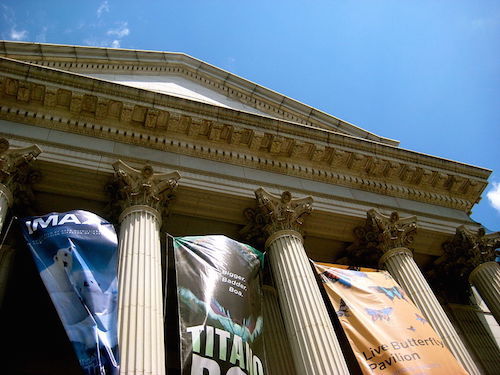
The current cover story in World Magazine has editor-in-chief Marvin Olasky reflecting on visits he paid to two world-class natural history museums, the Smithsonian's National Museum of Natural History in Washington, DC, and the American Museum of Natural History (AMNH) in New York. In visiting both I've noticed some, but not all, of the things that Olasky describes.
What's interesting is that the Smithsonian makes a big, heavy-handed, tub-thumping push for Darwinian evolution, directed esp...
Science Deniers Notwithstanding, Human Life Begins at Conception
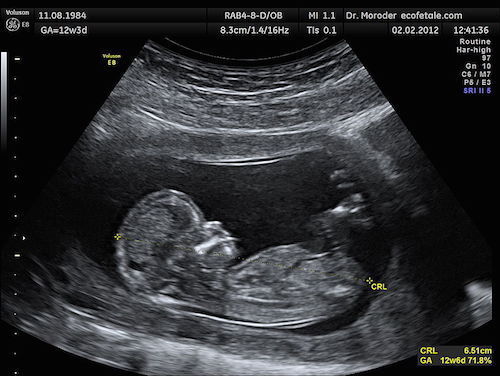
In the scientific debates of our day, it's important to distinguish debates about scientific facts from debates about the ethical or metaphysical consequences of scientific facts.
That human life begins at conception is a scientific fact, and has been recognized as such since the early 19th century when fertilization of the ovum by the sperm was first observed in the laboratory. That life begins at conception is as much a scientific fact as heliocentrism, and the fact that the earth is roun...
August 11, 2015
"The Wisdom of Repugnance"
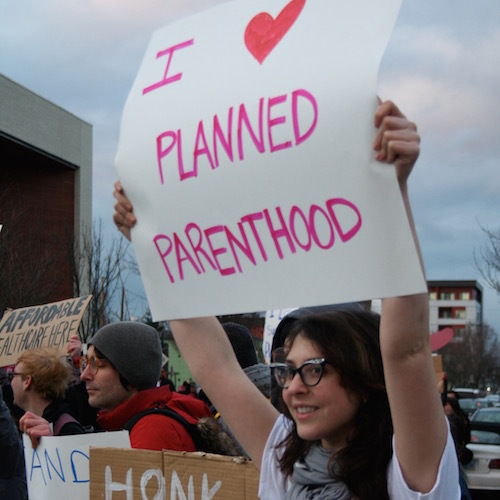
I wanted to recommend to you a newly launched podcast by our friend and colleague Wesley Smith, "Human Exceptionalism," at the Ancient Faith website. Follow it here.
In the current episode, Wesley reflects with his characteristic insight and compassion on the ongoing Planned Parenthood scandal and the recent business about Cecil the lion. Wesley introduces a phrase from bioethicist Leon Kass that I hadn't run across before -- the "wisdom of repugnance." While emotions don't decide matters of...
National Center for Science Education Whitewashes Scientific Racism
When I was a medical student, I liked to go to the medical school library in the evening and browse. I loved the old books and journals, some of them from the late 19th and early 20th century. Reading them made me feel a part of the long tradition of medicine. It was heady stuff for a medical student who had wanted to be a doctor since childhood.
What I found in the books struck me as odd. There were the expected chapters and articles on early surgical techniques and on the treatment of infe...
Discovery Institute's Blog
- Discovery Institute's profile
- 15 followers



